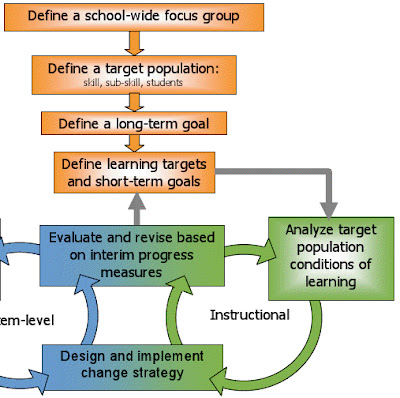When I started to teach, I felt like I was nearly the same age as my students. I didn't understand them and I felt unpopular and uncomfortable. I went home every night with backaches and sore feet. People told me to write about my experiences, that I would be grateful later. People told me the first three years would definitely be awful. People told me not to smile for the first three months.
I didn't write, or not often. I did smile, from day one on. The first three years were hard, no doubt, and it never helped to have someone tell me that was regular. It took me a long time to learn things - much longer than it had ever taken before. The gap between my ideas about how things could go and the reality of how things did go was enormous. I cried in the teachers lounge every week as my colleagues passed in and out. I feel asleep sitting up on Friday nights around 8pm I was so tired from the week.
In this new job as a coach, there are more parallels to teaching than I can describe, but the many connections between this work and my work as a teacher don't change the fact that I'm in my first year of this job. It's brutal just like teaching was. I get yelled at and scolded; I feel insecure and even though I was a teacher just a few months ago, much of the time I don't understand the teachers I'm working with.
But now, I am writing about it. I'm getting cut down to size and then I'm learning things fast, practicing being compassionate with myself as I inexpertly move towards understanding. I still cry, but its with impatience instead of despair, because I know I can do this.
I'm getting my sea legs, I can feel them. It's happening as I remember to set limits. It's happening as I remember to be curious about what my teachers are feeling. It's happening as I feel generally, fundamentally acceptable even when everyone I work with complains about what we're doing.
My compassion for my teachers and my self-acceptance are going hand in hand this time around. My writing is calling forth my vision and my resilience. I don't know what I'm doing all the time but I know I will. I have faith now, and a meditation practice to lean into. Plus I'm 32 instead of 25 and I have just enough perspective to know that when it comes down to crying on the job, it's really not all that serious.
Thank goodness for learning, for learning faster, for learning harder. For love and friendship and perspective. For dancing. For vegan, gluten free chocolate chip cookies and pumpkin pie. For you and you and you.
If you haven't entered the enchanted forest and found your power animal, do it now. It'll save your Friday. Somehow I think this is an important note to end on.
I didn't write, or not often. I did smile, from day one on. The first three years were hard, no doubt, and it never helped to have someone tell me that was regular. It took me a long time to learn things - much longer than it had ever taken before. The gap between my ideas about how things could go and the reality of how things did go was enormous. I cried in the teachers lounge every week as my colleagues passed in and out. I feel asleep sitting up on Friday nights around 8pm I was so tired from the week.
In this new job as a coach, there are more parallels to teaching than I can describe, but the many connections between this work and my work as a teacher don't change the fact that I'm in my first year of this job. It's brutal just like teaching was. I get yelled at and scolded; I feel insecure and even though I was a teacher just a few months ago, much of the time I don't understand the teachers I'm working with.
But now, I am writing about it. I'm getting cut down to size and then I'm learning things fast, practicing being compassionate with myself as I inexpertly move towards understanding. I still cry, but its with impatience instead of despair, because I know I can do this.
I'm getting my sea legs, I can feel them. It's happening as I remember to set limits. It's happening as I remember to be curious about what my teachers are feeling. It's happening as I feel generally, fundamentally acceptable even when everyone I work with complains about what we're doing.
My compassion for my teachers and my self-acceptance are going hand in hand this time around. My writing is calling forth my vision and my resilience. I don't know what I'm doing all the time but I know I will. I have faith now, and a meditation practice to lean into. Plus I'm 32 instead of 25 and I have just enough perspective to know that when it comes down to crying on the job, it's really not all that serious.
Thank goodness for learning, for learning faster, for learning harder. For love and friendship and perspective. For dancing. For vegan, gluten free chocolate chip cookies and pumpkin pie. For you and you and you.
If you haven't entered the enchanted forest and found your power animal, do it now. It'll save your Friday. Somehow I think this is an important note to end on.
